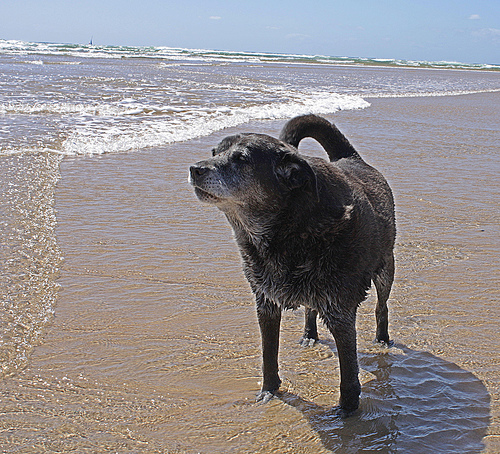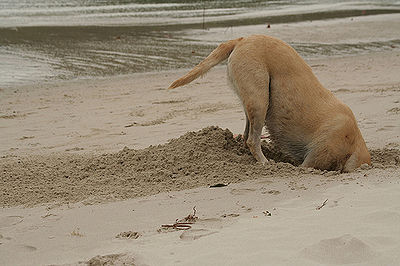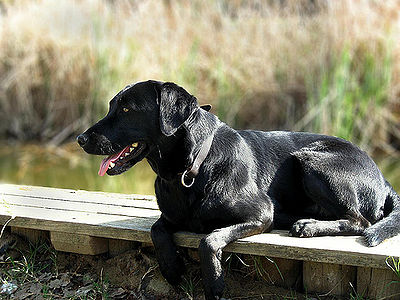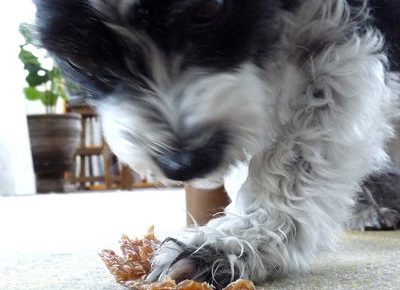
We can all agree that our pets are too soon taken from us whether by old age, illness or accident. If we are fortunate, we see them attain their normal life span. However the aging process begins earlier than we would like. We see the signs gradually – their movements are slower, their eyesight dims a bit and we have to call a little louder to make ourselves heard. We can make the transition to senior easier for our beloved dogs and keep them healthy and happy well into old age.
Your senior dog should have regular check-ups at the vet at 6 month intervals, more often or when you suspect a problem. Keep a check on your dog’s weight and discuss with your vet what your senior dog should be eating and how much. Generally, food for senior dogs has less protein and more fiber which is supposedly easier on the kidneys. However new information suggests that seniors need that extra protein and that it does not damage the kidneys. I have a 15 year old mixed breed and I’m continuing with the same diet as she is still as sprightly as ever and does not have any health issues except for some sight loss and hearing loss. Ask your vet about daily vitamins and the addition of Glucosamine/Chondroitin to keep joints healthy.
Conventional wisdom says that aging dogs should be fed less protein to prevent or minimize kidney disease–but there is no scientific evidence to support this. Reduced protein has a significant effect only after a certain level of renal dysfunction occurs.
Younger dogs can maintain muscle mass through exercise. Older dogs often don’t exercise like they used to, so loss of muscle can be a concern. Here is a link to an article for more information: http://www.iams.com/iams/pet-health/mature-dog-body-condition.jsp
Keep watch on the changes in your dog and always consult your vet before changing your dog’s regimen. And as always, lots of love and attention goes a long way.
Related Article



